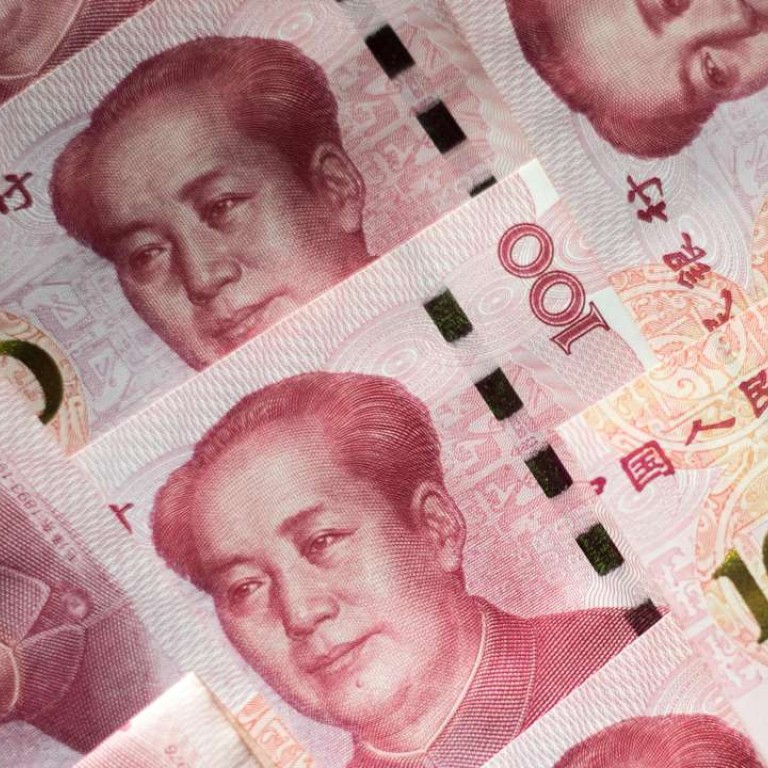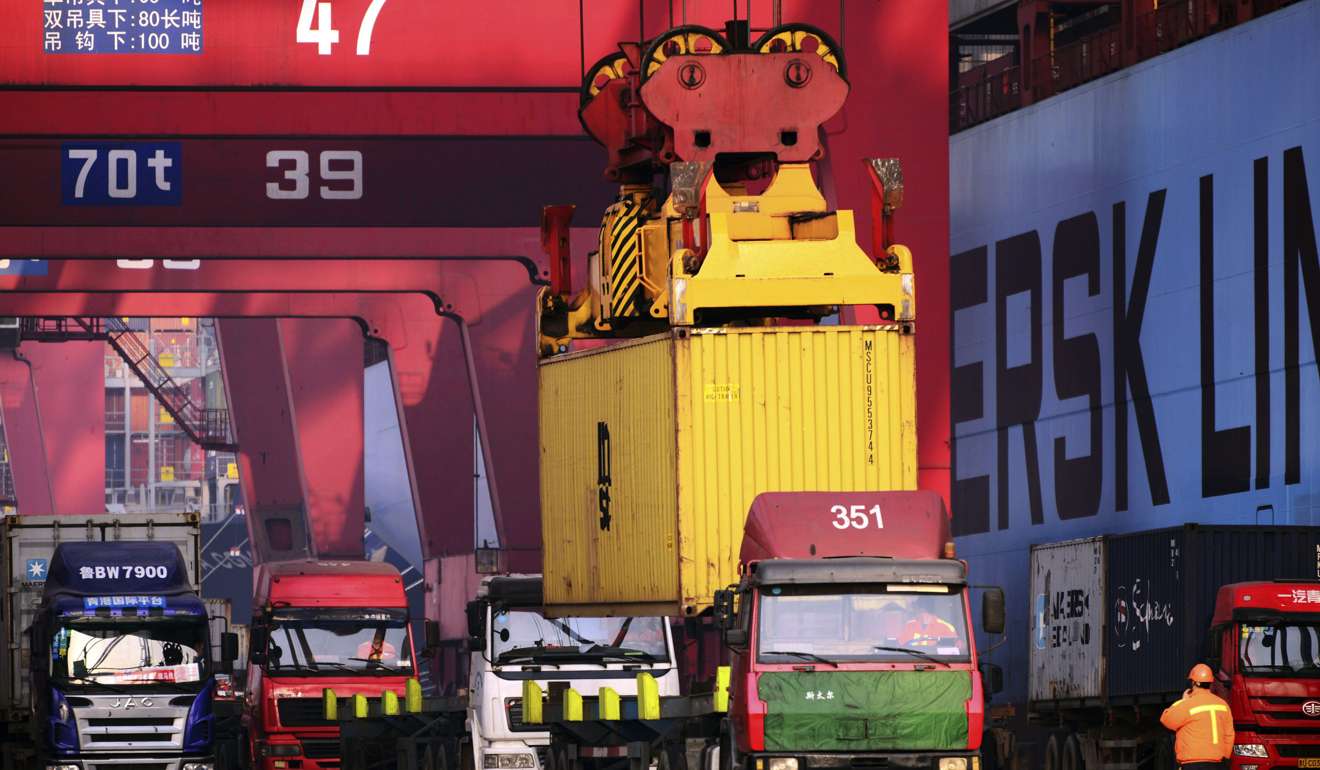
Update | US mulls new tactic to prod China on yuan: report
Trump administration considering deeming currency manipulation an unfair subsidy, in a move that would avoid challenging Beijing directly
United States President Donald Trump’s administration is considering a new tactic to discourage China from undervaluing its currency that falls short of a direct confrontation, The Wall Street Journal reported, citing people with knowledge of the policy.
Under the plan, the commerce secretary would designate the practice of currency manipulation as an unfair subsidy when employed by any country, instead of singling out China, the newspaper reported. American companies could then bring anti-subsidy actions to the US Commerce Department against China or other countries, it said.
The discussions are part of a strategy being pursued by the White House’s new National Trade Council to balance the goals of challenging China on certain policies while keeping broader relations on an even keel, the paper said. The Trump administration would avoid, at least for now, making claims about whether China was manipulating its currency, it said.

Former US president Barack Obama’s administration decided against naming currency practices as a subsidy out of concern that doing so would violate World Trade Organisation rules and spur similar measures against US exports, the report said. Other countries could argue that Federal Reserve policies that weaken the dollar qualify as subsidies, it added.
During a briefing with Japanese Prime Minister Shinzo Abe in Washington on Friday, Trump vowed that the currencies of the US, China and Japan would soon be on a “level playing field”. He didn’t explain what he meant by the phrase. Abe has said it was wrong to say that Japan was devaluing the yen.
German Chancellor Angela Merkel last month rejected a charge from Peter Navarro, who heads the National Trade Council, that Germany’s trade surplus is a sign of an undervalued currency. The euro’s exchange rate was the responsibility of the European Central Bank and the German government had long upheld the bank’s independence, Merkel said.
The report on China currency policy comes after Trump rang President Xi Jinping last week and agreed to respect the one-China policy on Taiwan. The policy has been the basis of US-China ties since the 1970s.
Tensions with China rose after Trump tweeted about his protocol-breaking December phone conversation with Taiwanese President Tsai Ing-wen and subsequently questioned the one-China policy in interviews.

